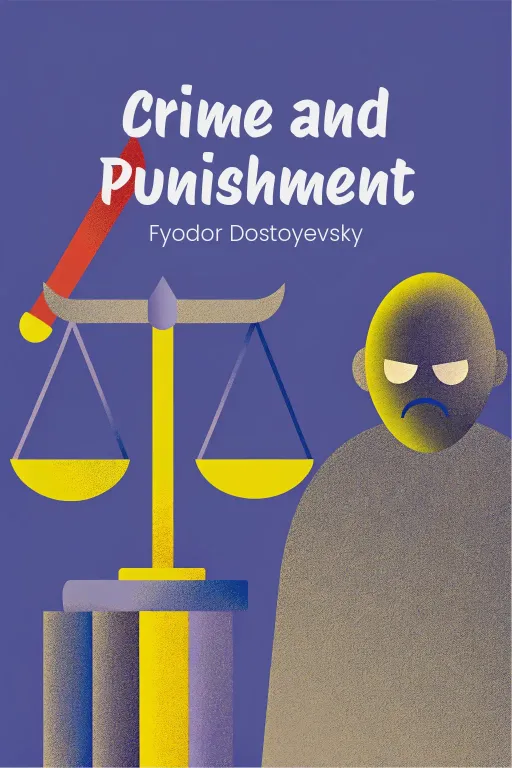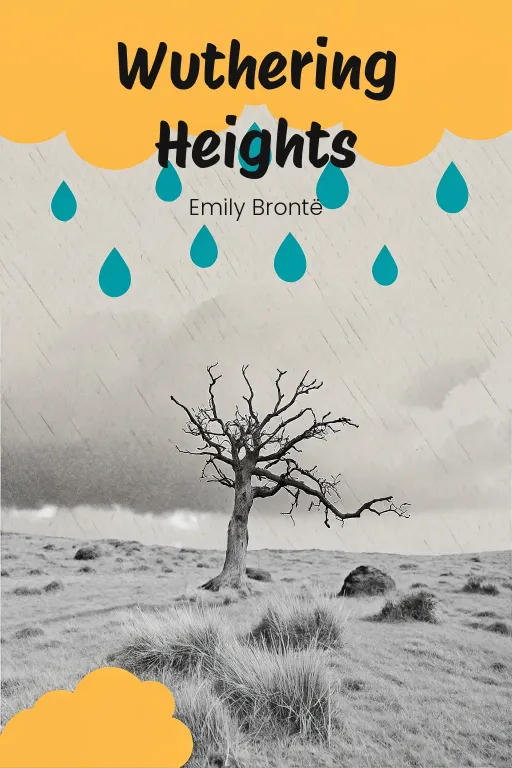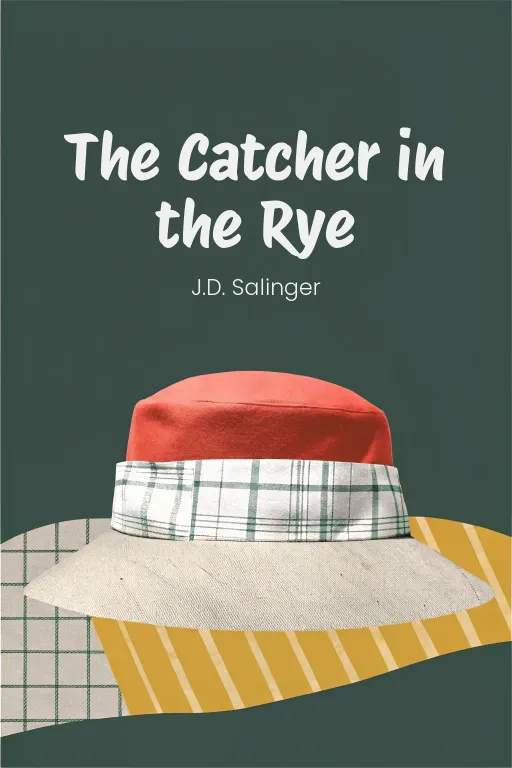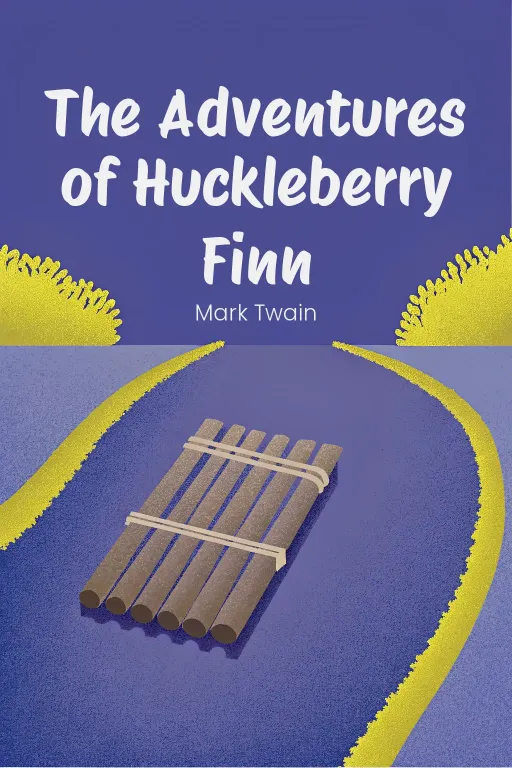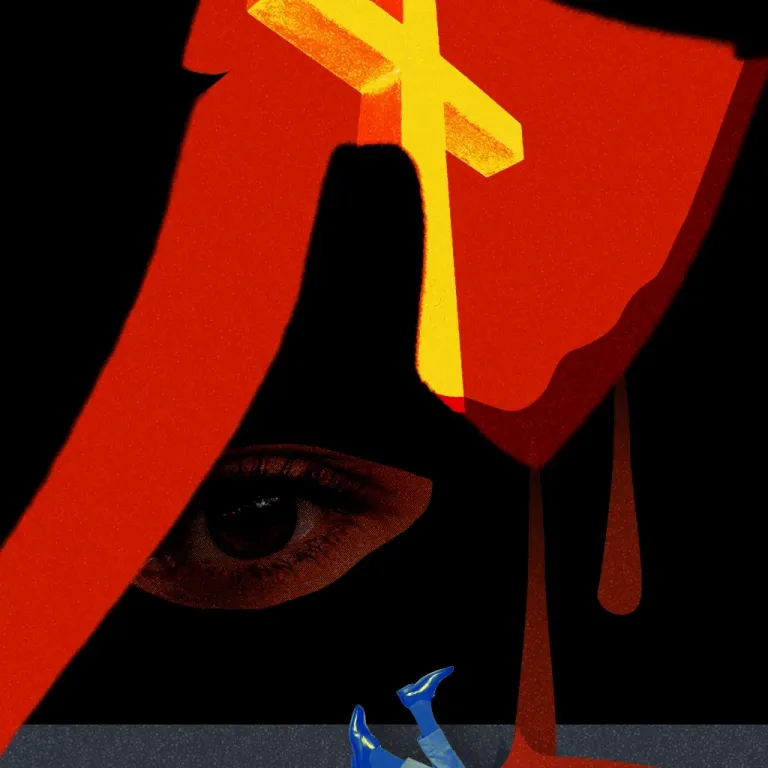
The Price of a Guilty Mind
Podcast by Timeless Pages with Shakespeare and Austen
The Price of a Guilty Mind
Shakespeare: "The man who has a conscience suffers whilst acknowledging his sin. That is his punishment." Greetings, listeners! I, William Shakespeare, welcome you to Timeless Pages. Today, we delve into Fyodor Dostoevsky's profound psychological drama, Crime and Punishment. Shakespeare: This sprawling novel follows Rodion Raskolnikov, a poor former student in 19th-century St. Petersburg. He murders a pawnbroker, believing himself an 'extraordinary man' above morality, only to be consumed by guilt and paranoia that eventually drive him towards confession and redemption. Dostoevsky paints a vivid picture of a city gripped by poverty and turbulent ideas, where desperate souls like Raskolnikov and the compassionate Sonia Marmeladov grapple with profound moral questions amidst squalor. Shakespeare: The heart of this tragedy is the fierce battle between intellect and conscience, a theme I've explored myself. Raskolnikov develops a dangerous philosophy, influenced by radical ideas circulating in 1860s Russia that questioned traditional morality amidst stark poverty. He believes 'extraordinary' men can transgress laws for a higher purpose. He murders to prove this theory, to prove he is extraordinary. But mark how swiftly his mind turns against him! Like my own Macbeth discovering "sleep no more," Raskolnikov is besieged by fever, paranoia, and isolation. His intellectual justifications crumble against the weight of his innate morality. This internal war finds its counterpoint in Sonia, whose simple faith offers redemption. Does this not echo today? Consider online echo chambers where extreme ideologies persuade individuals their 'noble cause' justifies harmful actions, only for them to face a profound disconnect from shared humanity and their own conscience. Shakespeare: What makes this a timeless classic? Its unflinching dive into the human psyche. Like my Hamlet, Raskolnikov is a brilliant mind wrestling with immense moral questions. But where Hamlet contemplates, Raskolnikov acts, and must face the psychological fallout. Dostoevsky masterfully shows that intellectual brilliance without a moral compass leads to ruin. Yet, unlike some of my tragic figures, he offers Raskolnikov a path to redemption through suffering and Sonia's love. Its enduring relevance? Think beyond mere online boasting. Consider how easily systems, algorithms, or even corporate cultures can create bubbles where people feel their actions operate under 'different rules', detached from consequence – a modern echo of Raskolnikov's dangerous exceptionalism. Dostoevsky forces us to confront that darkness. Shakespeare: Dostoevsky leaves us pondering the price of our choices. Can even the darkest soul find light? Remember Raskolnikov's journey – not outward to glory, but inward to the truth of the heart. Farewell.
